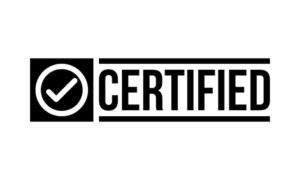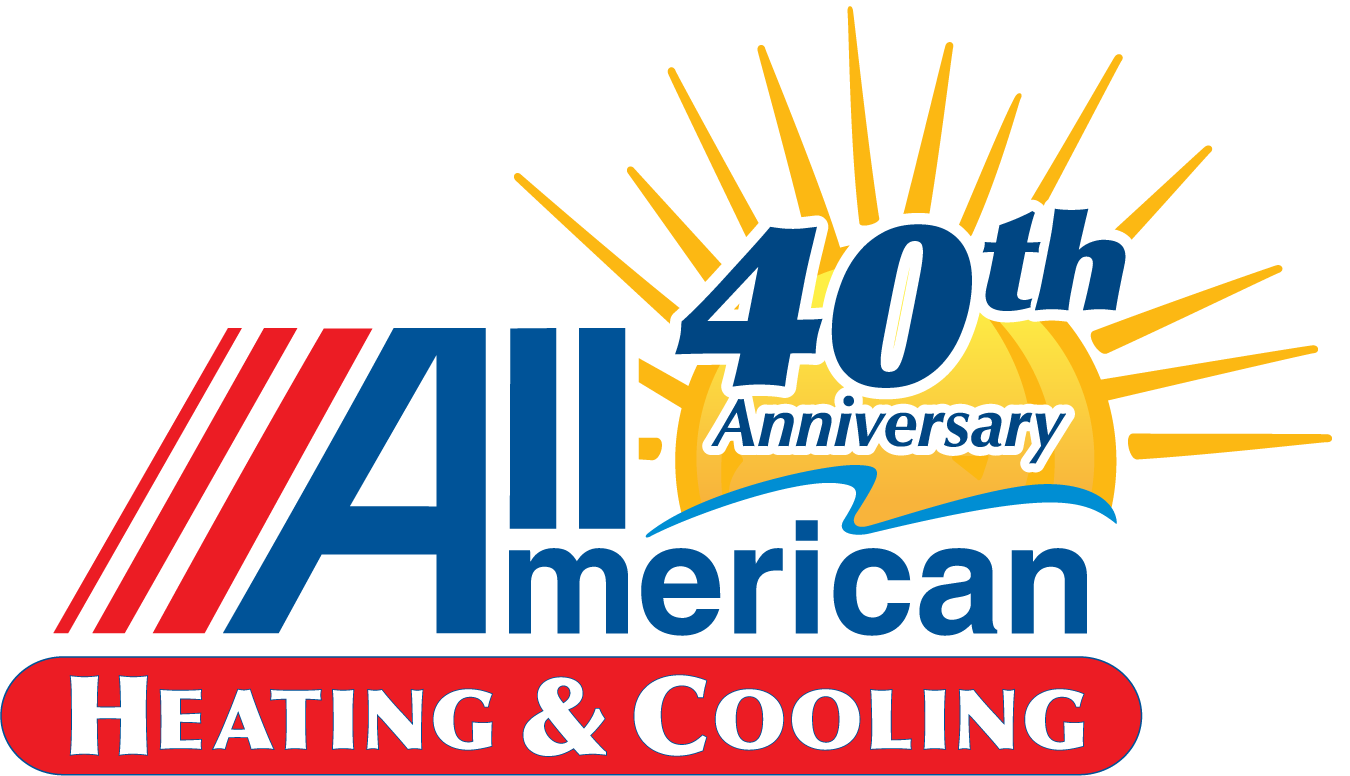Increase Your Knowledge: Your Ultimate HVAC Dictionary
HVAC lingo is often tricky. If you’re struggling to understand the acronyms and terms professionals use to compare and evaluate different heating and cooling systems, don’t worry. Use this HVAC dictionary to better understand the cooling or heating system in your Sarasota, Florida, home.
Airflow Volume
The airflow volume is the amount of air circulated within a space measured in cubic feet per minute. You want a system that has adequate airflow volume for the size of your home. If you’re not certain how large your home is in cubic feet, our knowledgeable HVAC service technicians can help. Part of helping you select a new heating or air conditioning installation includes evaluating the size of your home.
Annual Fuel Utilization Efficiency (AFUE)
Your AFUE specifies the energy efficiency of your furnace. You must divide your system’s heat output by its fuel input, as measured in BTUs, to calculate this number. Furnaces must have an AFUE of 80 percent or more, depending on the type of system.
British Thermal Unit (BTU)
BTUs are a measurement of heat. The BTUs for a product will tell you how much energy you need at sea level to heat or cool one pound of water by one degree Fahrenheit. BTUs describe the efficiency of both air conditioners and furnaces.
For an air conditioner, this measurement tells you how much heat the product can remove from the air in an hour. Furnaces have both BTU input and output. The input number indicates how much fuel the heater consumes in an hour, while the output lets you know how much heating power the product can provide.
Energy Efficiency Ratio (EER)
Used for cooling devices, the EER is the cooling energy output, measured in BTUs, compared to the electrical energy used. EER is calculated assuming certain temperatures inside and outside with relative humidity of 50 percent. This number is less accurate than the SEER, which accounts for varying temperatures. You should generally look for an EER no lower than 11.
ENERGY STAR
The United States Environmental Protection Agency (EPA) runs the ENERGY STAR program. This voluntary program helps consumers and businesses minimize their energy usage while saving money and protecting the environment. You’re most likely to hear about ENERGY STAR in conjunction with the products that it certifies. The EPA evaluates these products to ensure they’re among the most efficient and eco-friendly options on the market.
Heating Seasonal Performance Factor (HSPF)
HSPF refers to the efficiency of a heat pump in heating mode. This number is the heat output in BTUs compared to the electricity consumption in watt-hours. The standard energy efficiency for a heat pump is at least 8.2 HSPF. Older heat pumps may have a lower rating. A high-efficiency product will have an HSPF of 9 or more.
HSPF refers only to the efficiency of a heat pump when it’s heating your home. Heat pumps are also capable of cooling your space. The SEER rating shows the cooling efficiency of the product.
North American Technician Excellence (NATE)
NATE is a non-profit certifying body for heating, ventilation, air conditioning and refrigeration (HVACR) technicians. This organization is the only one owned, operated and governed by the HVACR industry.
It’s important to know about NATE because it provides reliable certification for HVAC service technicians. If you’re looking for a reliable contractor, you should seek companies that employ only NATE-certified service technicians. NATE offers multiple certifications so you can seek out service providers that are certified in the Knowledge Areas of Technician Expertise (KATEs) that are most relevant to the work that you need completed.
Seasonal Energy Efficiency Ratio (SEER)
A system’s SEER rating refers to its cooling efficiency. This number is calculated by determining the ratio of cooling capacity to electricity usage over 12 months or less. Today’s cooling systems typically have a SEER between 13 and 24. The higher the number, the better the efficiency.
If you’re shopping for a new HVAC system or evaluating the products that are already in your home, these terms will help you understand what you’re dealing with. For more information, contact our team at All American Heating & Cooling by calling (941) 451-5228.
Image provided by Shutterstock
You May Also Like

Is Winter a Good Time for an AC Replacement in Bradenton, FL?
While Bradenton’s mild winters never truly chill the bones, they create the perfect window for strategic homeowners to tackle air conditioner replacements.… Continue Reading Is Winter a Good Time for an AC Replacement in Bradenton, FL?…

What’s NATE Certified Mean for HVAC Repairs in Sarasota, FL?
When your HVAC system in Sarasota, FL, breaks down, you’ll scroll through contractor websites, drowning in acronyms and certifications you don’t know.… Continue Reading What’s NATE Certified Mean for HVAC Repairs in Sarasota, FL?…

Prepare for Chillier Temps With Fall Heating Maintenance
When chillier weather arrives in Northport, FL, your home should feel like a cozy retreat. Don’t wait until winter’s occasional cold fronts… Continue Reading Prepare for Chillier Temps With Fall Heating Maintenance…
